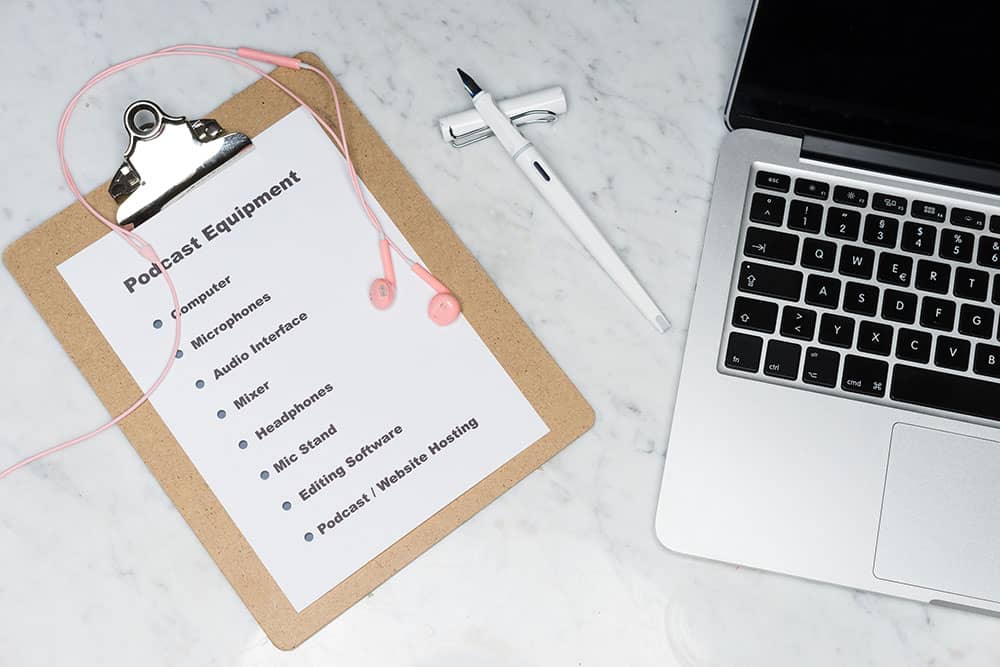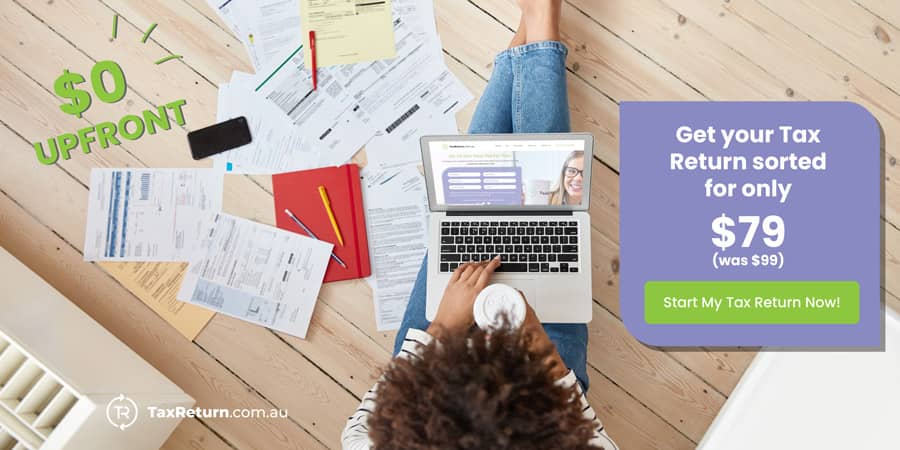[Updated April 20, 2023]
Businesses of all sizes in all fields enlist the help of social media influencers. These influencers are people with the ability to persuade others, especially potential buyers. It’s usually because of their status, experience, knowledge, reputation, or anything similar. Influencers use their social media platforms to market products and services.
Influencers earn money in different ways, including sponsored posts, downloadable digital products, podcasts, and affiliate marketing through blogging. The amount they make will depend on several factors, including how much they charge, which are based on:
- Size of the Following: The more followers an influencer has, the more expansive the influence. So, suppose you’re an influencer with millions of people following your social media platforms. In that case, it’s estimated you could get $100 per 10,000 followers.
- Engagement Rate: You could have many followers, but if they are rarely active or even fake, you cannot charge a higher payment for each post you make.
ABN and GST for Influencers and Bloggers
Influencers typically do not need to register for an Australian Business Number (ABN). In general, you get an ABN if you have an enterprise or business in the country. However, if being an influencer has become more than a hobby and you receive income out of it consistently, you may have to register as a business. Applying online does not cost anything, and you could get your unique ABN on the same day.
Once you have your ABN and earn more than $75,000 in a financial year under this registered number, you will also have to register for GST. Goods and Services Tax or GST is the tax charged on all goods and services sold or consumed in Australia. This tax is 10% of your income.
Now, the question is, do influencers pay tax just like every other worker in Australia?
You can be a blogger, social media influencer, YouTube celebrity, or Insta-famous person. If so, you are required to pay taxes in the country. The Instagram Tax was newly introduced back on 1 July 2019, and it enforced the same rule on influencers: pay tax. Any income made through endorsements, sponsorships, and even non-cash benefits should be declared when filing tax.
Non-cash benefits are delicate and should be approached with caution, especially when filing your tax returns. You’re not usually required to declare small gifts. However, if you receive perks that are of substantial value, you can expect the ATO to scrutinise your tax return.
For many years, social media celebrities were exempt from taxes. However, there were loopholes identified within the old system, prompting the Treasury to make changes. In the Financial Review, influencers were discovered to reduce their personal assessable income through fame or image licences to third parties.
These online personalities have their image utilised by other companies and entities. In return, they would only earn little to no percentage of the image usage. As a result, influencers counted that use as a loss, which, in turn, lessened their tax payable share.
After reviewing this tricky detail, the Treasury decided to create a new tax regime whereby influences can no longer use such revenue as a tax discount. Instead, it will be listed under their taxable income, which the law will tax accordingly.
Paying Taxes
As an influencer, you are under the Instagram Tax, which includes all those who have a platform, not only on Instagram but other social media channels, as well. Let’s say you have earned over $600 this financial year through sponsorships, brand collaborations, and other revenue streams. In this scenario, you need to pay tax on your income. It’s difficult to say how much, though. Unlike most professions, you may not know how much you got paid in total.
Therefore, the key is in accounting for all the payments. It means scrupulous bookkeeping, especially multiple vendors, were in touch with you and paid you for promoting their brand.

Tax Return
Being an influencer who resides in Australia, you have the same responsibility as the other residents in the country. You should follow the Australian Tax Office’s Individual Income Tax Rates.
There are, of course, some deductibles that you can outline as you complete your tax return. Some items that you have paid for may directly be related to your work as an influencer. Therefore, you can claim them as deductions provided that you were not reimbursed by the vendor or brand. Other deductions you can claim are those expenses where you spent your own money.
It is essential that you always keep a record of the expense for an easy tax return. Records can be in the form of electronic proof, receipt photos, or writing in your work diary.
The items below are directly linked to your job, which means you can list them in your tax return:
- Cost of buying a computer, particularly because bloggers and influencers usually work from home
- Digital camera and related equipment
- Internet bills
- Home office equipment, including furniture and cooling or heating
- Cost of buying communication tools, such as phones and laptops for emails
- Design and advertising expenses (outsourced)
- Travel expenses, but only if you paid for food, flight, and accommodation for work and need to stay at the location overnight
- Self-education costs relating to being a blogger or a social media influencer, such as editing photos or writing courses
It can be challenging to determine which expenses are accepted in your tax return. But the general rule is that it should be a work expense, meaning it was not for private, domestic, and recreation purposes.
Accurate Tax Returns are a Must for Bloggers and Social Media Influencers
Your tax return should always be accurately done. Managing taxes is not easy for most people, and it becomes even more complicated when you are an influencer. You cannot risk any errors in your tax return, which is why you need assistance. Incorrect completion of tax returns can result in serious consequences. You should always amend those mistakes and inaccuracies as quickly as possible. You can do the correction by contacting the ATO.
The Australian Taxation Office can enforce administrative penalties for false and misleading tax return statements. They include withholding amounts, resulting in the failure of meeting tax obligations. Penalties are around $110 to $210, which may be insignificant compared to your revenue. However, you could likely pay five to 20 times this penalty, depending on your offence. That’s why you should ensure your tax returns are done right at all times.
Tax times are not fun, especially for bloggers and influencers. Handling your finances can become extremely stressful, but don’t let it spoil the better days ahead. The good news is that you can turn to TaxReturn.com.au. We will help you get your income and expenses sorted out and in order, which gets you ready for the upcoming tax cycle.



